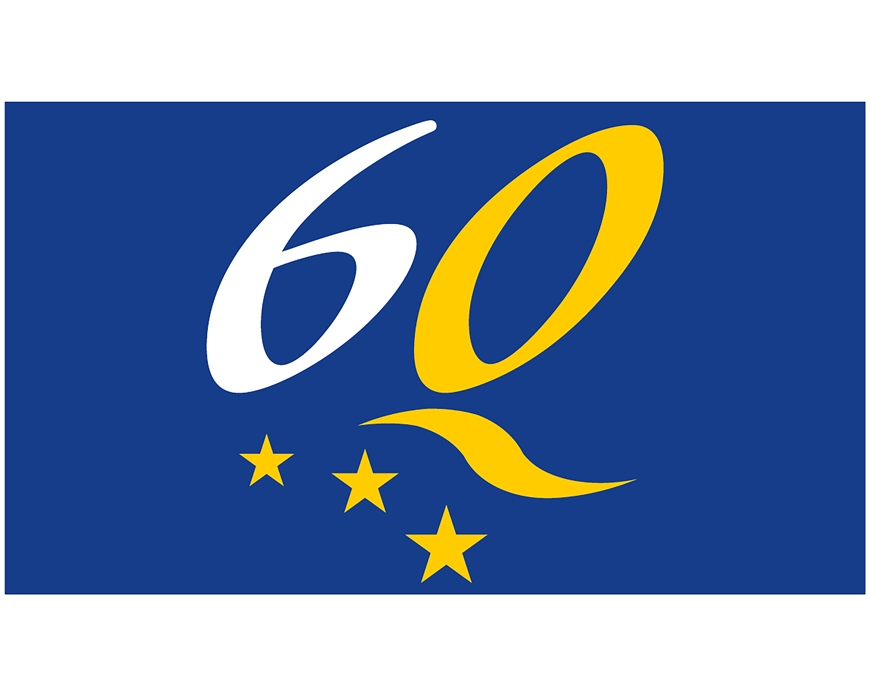Holders of Certificates of suitability to the monographs of the European Pharmacopoeia (CEPs) are requested to consult the list of substances for which draft revised monographs of the European Pharmacopoeia (Ph. Eur.) have been published in Pharmeuropa 36.4. The table below lists the substances affected by these revisions and for which a CEP has been granted.
Users are encouraged to register for free, giving them access to Pharmeuropa on the European Directorate for the Quality of Medicines & HealthCare (EDQM) website Pharmeuropa, Pharmeuropa Bio & Scientific Notes.
Although these draft monographs are published for public consultation only at this stage and are therefore not official standards, they will, once adopted by the European Pharmacopoeia Commission, become legally binding standards for the substances concerned. It is therefore extremely important that manufacturers and users of the substances provide feedback on these draft monographs before the commenting deadline, i.e. before 31 December 2024. Comments made after adoption of a monograph and/or the publication in the Ph. Eur. will not be considered and manufacturers and users of substances concerned may find themselves in a position where their substance does not comply with the relevant Ph. Eur. monograph, which is a legal standard in Europe.
Everyone benefits from European Pharmacopoeia monographs which reflect the quality of the substances available in Europe. The EDQM therefore strongly encourages all users of CEPs for which a draft revised monograph has been published to review the draft monographs and check whether their substance complies with the revised draft.
Feedback on a draft monograph may be submitted in different ways, depending on where your company is located:
- for companies located in a European Pharmacopoeia member state, please send comments through the relevant National Pharmacopoeia Authority;
- for companies located in a country which is not European Pharmacopoeia member state, please send comments directly using the EDQM HelpDesk (topic 04-European Pharmacopoeia & International Harmonisation).
Please consult the guide “How to comment” for more information.
Comments on draft monographs should NOT be sent directly to the Certification of Substances Department.
|
Amoxicillin sodium (0577) |
|
Amoxicillin trihydrate (0260) |
|
Betacarotene (1069) |
|
Cabergoline (1773) |
|
Chlorhexidine diacetate (0657) |
|
Chlorhexidine digluconate solution (0658) |
|
Chlorhexidine dihydrochloride (0659) |
|
Citalopram hydrobromide (2288) |
|
Clenbuterol Hydrochloride (1409) |
|
Dihydrocodeine hydrogen tartrate (1776) |
|
Dihydroergocristine mesilate (1416) |
|
Histamine dihydrochloride (0143) |
|
Hydrocortisone (0335) |
|
Methylthioninium chloride hydrate (1132) |
|
Olive oil, refined (1456) |
|
Penicillamine (0566) |
|
Pergolide mesilate (1555) |
|
Pilocarpine hydrochloride (0633) |
|
Pilocarpine nitrate (0104) |
|
Ropinirole hydrochloride (2604) |
|
Soya-bean oil, refined (1473) |
|
Tryptophan (1272) |
See also:




